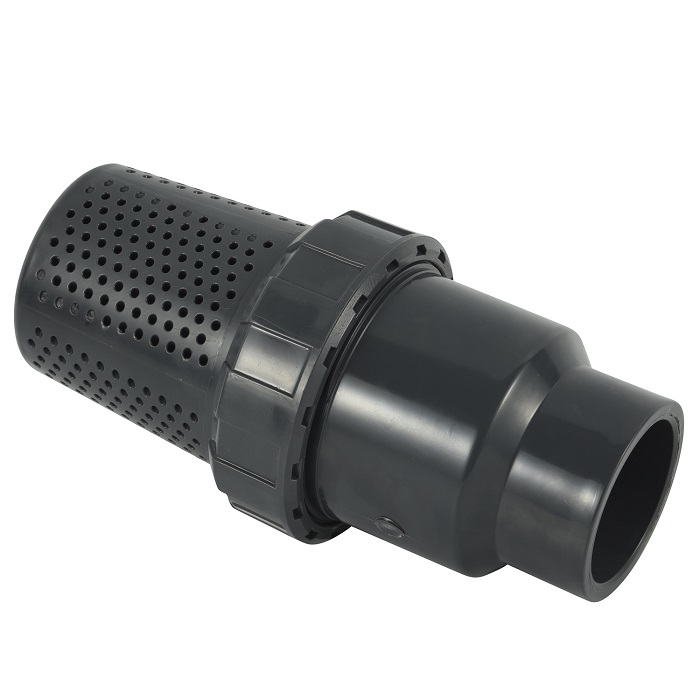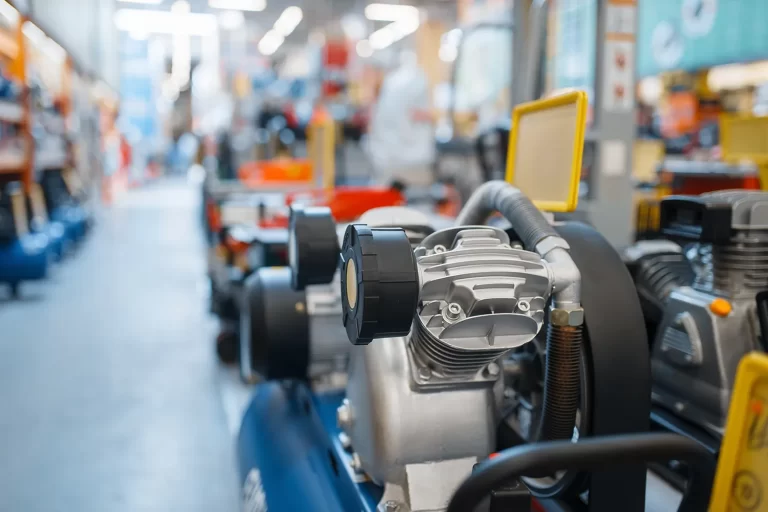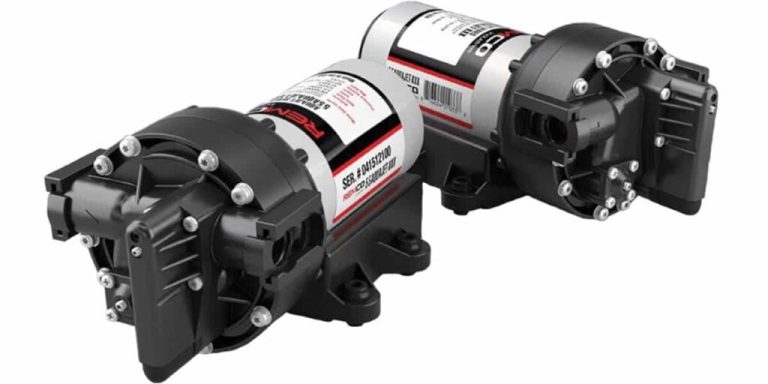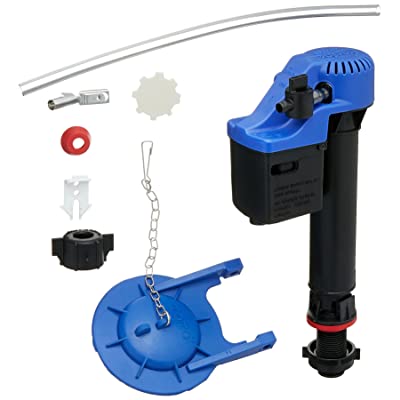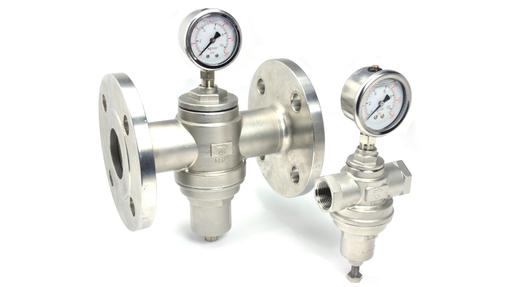Mastering the Art of Screwdriving: Your Guide to Tool Versatility
Screwdrivers, those unassuming yet omnipresent tools, are the unsung heroes of any toolbox, effortlessly handling a myriad of tasks. From routine household fixes to intricate mechanical projects, their versatility remains unmatched. In this article, we delve into the world of screwdrivers, exploring their diverse types, applications, and indispensable role in everyday tasks and specialized industries. Additionally, we address common questions surrounding screwdrivers, shedding light on their usage, maintenance, and potential alternatives.
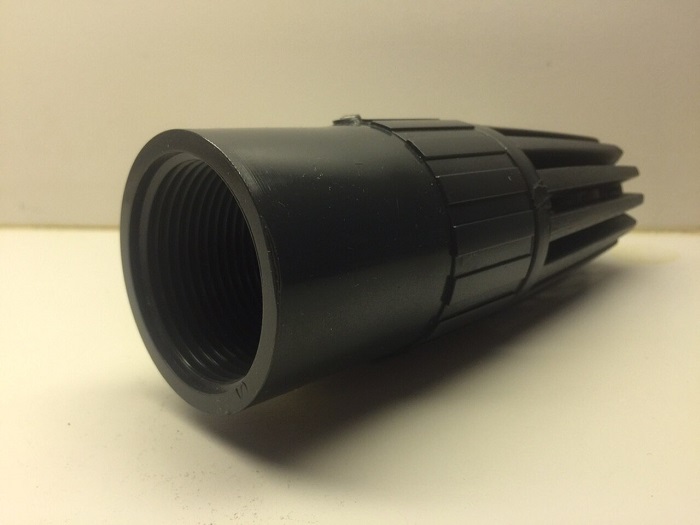
What are the different types of screwdrivers and their uses?
Screwdrivers boast a variety of designs, each tailored to specific tasks. The flathead screwdriver, with its simple, flat blade, is perfect for turning screws with straight slots. Phillips screwdrivers, with their cross-shaped tips, are ideal for fastening Phillips screws commonly found in appliances and electronics. Torx screwdrivers, featuring star-shaped tips, offer enhanced grip and are often used in automotive and computer industries. Additionally, hex screwdrivers cater to hexagonal screws, while specialty screwdrivers address unique screw head configurations.
How do you choose the right screwdriver for a job?
Selecting the appropriate screwdriver requires matching the tool to the screw head’s type and size. Using the wrong screwdriver can result in damage to the screw head or the tool itself. It’s essential to maintain a diverse collection of screwdrivers in various sizes and types to accommodate different screws encountered in various projects. For tasks involving delicate electronics or precision work, precision screwdriver sets with interchangeable heads are invaluable.
What maintenance is required for screwdrivers?
Proper maintenance ensures screwdrivers remain effective and durable. Keeping screwdriver tips clean and free from debris prevents slippage and damage to screws. Regularly inspecting screwdriver handles for cracks or wear is crucial for safety. Additionally, lubricating metal screwdriver shafts with a light oil helps prevent rust and ensures smooth operation. Storing screwdrivers in a dry, organized manner also extends their lifespan and facilitates easy access during projects.
Are there alternatives to traditional screwdrivers?
While screwdrivers are the primary tool for driving screws, alternative methods exist for specific applications. Power screwdrivers, both corded and cordless, offer increased speed and efficiency, making them ideal for large-scale projects or repetitive tasks. Impact drivers provide additional torque for driving screws into tough materials like hardwood or metal. However, for delicate tasks or situations where precision is crucial, manual screwdrivers remain the preferred choice.
Screwdrivers are indispensable tools in various industries and household tasks, offering versatility and reliability. Whether assembling furniture, repairing electronics, or constructing structures, having the right screwdriver for the job is essential. By understanding the different types, choosing the appropriate tool, and maintaining them properly, screwdrivers continue to serve as reliable companions in countless projects.
